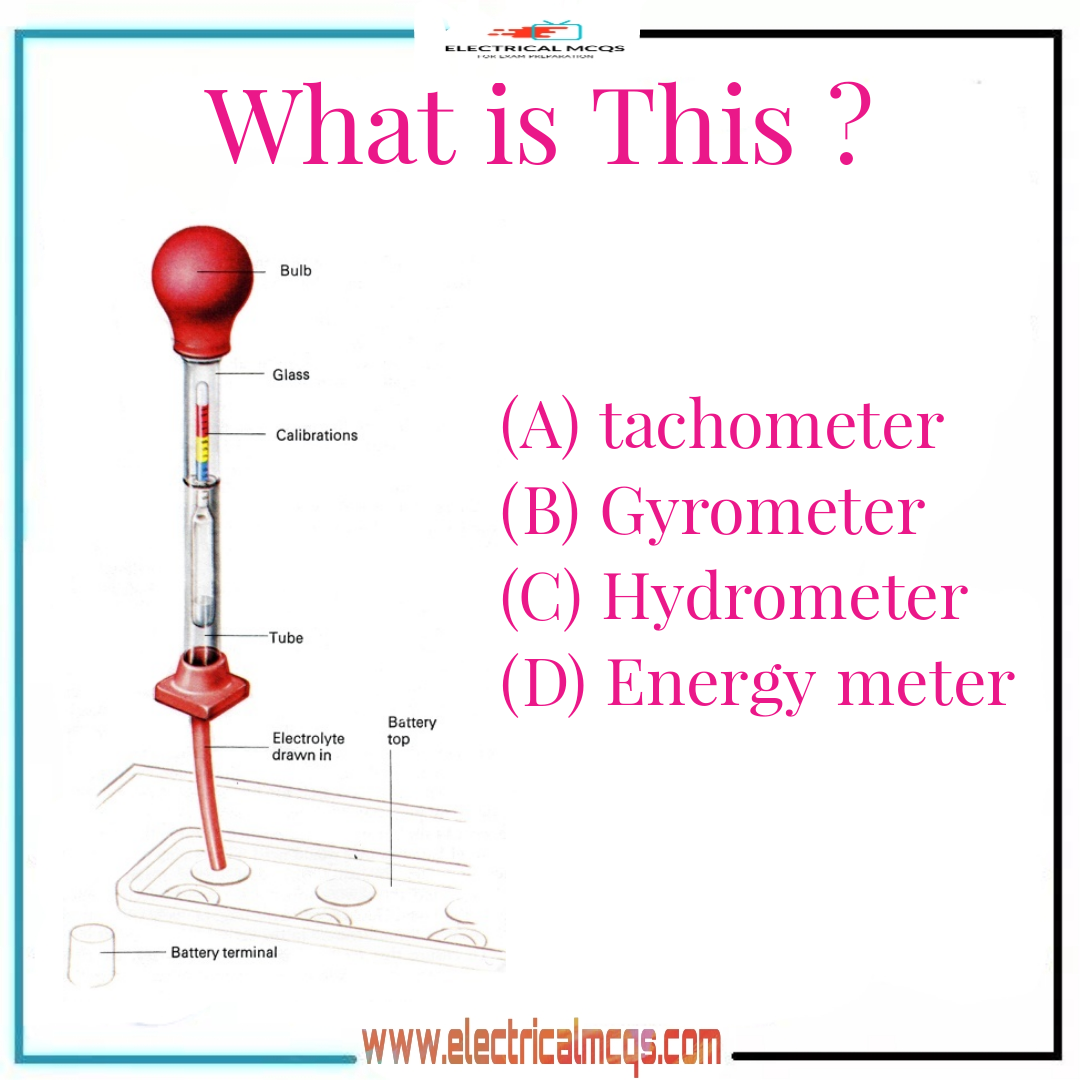Function
A hydrometer is made up of a thin glass or plastic tube sealed at both ends with a graduated or printed scale calibrated to a specific gravity. One end of the tube is bulb shaped and weighted with a ballast of either fine lead shot or steel shot. The ballast causes the instrument to float upright in a liquid like a fishing bobber. A second glass or plastic cylinder, commonly known as a hydrometer jar, is filled with the liquid being measured. The hydrometer is then placed in the hydrometer jar containing the sample liquid. The specific gravity of the sample liquid is indicated when the level of the sample liquid in the jar aligns with a point on the hydrometer scale. Depending on which scale is used, the number of times heavier or lighter than water the sample liquid weighs can now be recorded. In addition to reading specific gravity values, scales on a hydrometer can be calibrated to Baume, Brix, Alcohol, API (American Petroleum Institute Index) and others for specific chemicals.
A hydrometer is an instrument used to measure the specific gravity (or relative density) of liquids; that is, the ratio of the density of the liquid to the density of water. A hydrometer is usually made of glass and consists of a cylindrical stem and a bulb weighted with mercury or lead shot to make it float upright.


